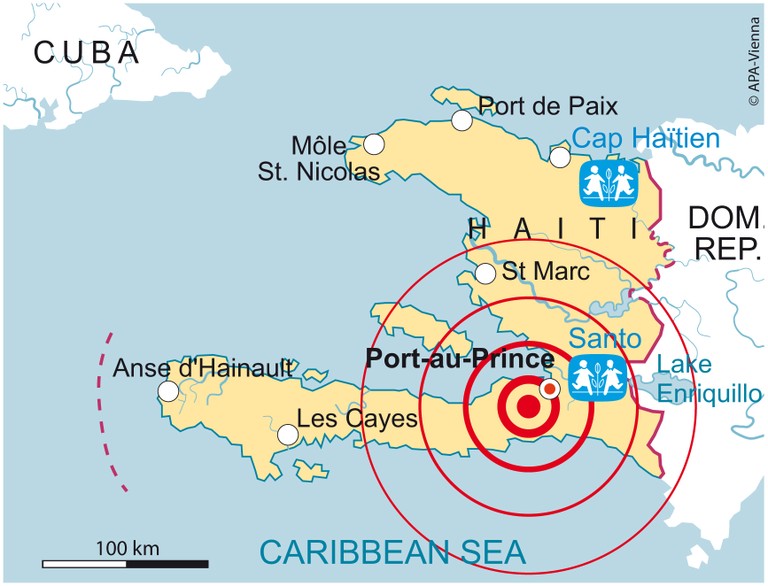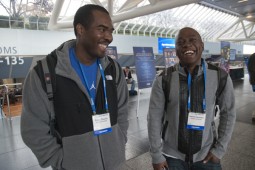Today marks the 50th anniversary of the 1964 Great Alaska Earthquake. To commemorate the quake, we’re posting this extended version of the interview we broadcast on March 25, 2014, with Dr. Mike West, the Alaska State Seismologist and Director of the Alaska Earthquake Center. How On Earth host Beth Bartel talked with Dr. West about his recent paper, “Why the 1964 Great Alaska Earthquake Matters 50 Years Later,” published in Seismological Research Letters.
To whet your appetite, here are some of the topics we covered:
- How this earthquake fit in to the still-young idea of plate tectonics.
- How geodesy–the study of the shape of the Earth and how it changes–helped nail this event down as a subduction earthquake. (Also: How the simplest explanation is not always the right one.)
- Monitoring: Where we were then, where we are now.
- Why we should look to Alaska to test out earthquake early monitoring systems.
- How this quake led us to see that the same thing could–and has–happened off the coast of the Pacific Northwest.
- Local tsunamis, and what we should do about them.
Podcast: Play in new window | Download (Duration: 34:32 — 47.5MB)
Subscribe: RSS





 Feature #2: (start time: 15:42) You’ve probably heard by now that 2012 was the warmest ever in the U.S. We’re not the only ones overheating. At the bottom of the world, over the last 50 years, West Antarctica has warmed more than scientists had thought. The implications are huge; an enormous ice sheet there may be at risk of long-term collapse, which could cause sea levels to rise alarmingly. Co-host Susan Moran speaks with
Feature #2: (start time: 15:42) You’ve probably heard by now that 2012 was the warmest ever in the U.S. We’re not the only ones overheating. At the bottom of the world, over the last 50 years, West Antarctica has warmed more than scientists had thought. The implications are huge; an enormous ice sheet there may be at risk of long-term collapse, which could cause sea levels to rise alarmingly. Co-host Susan Moran speaks with